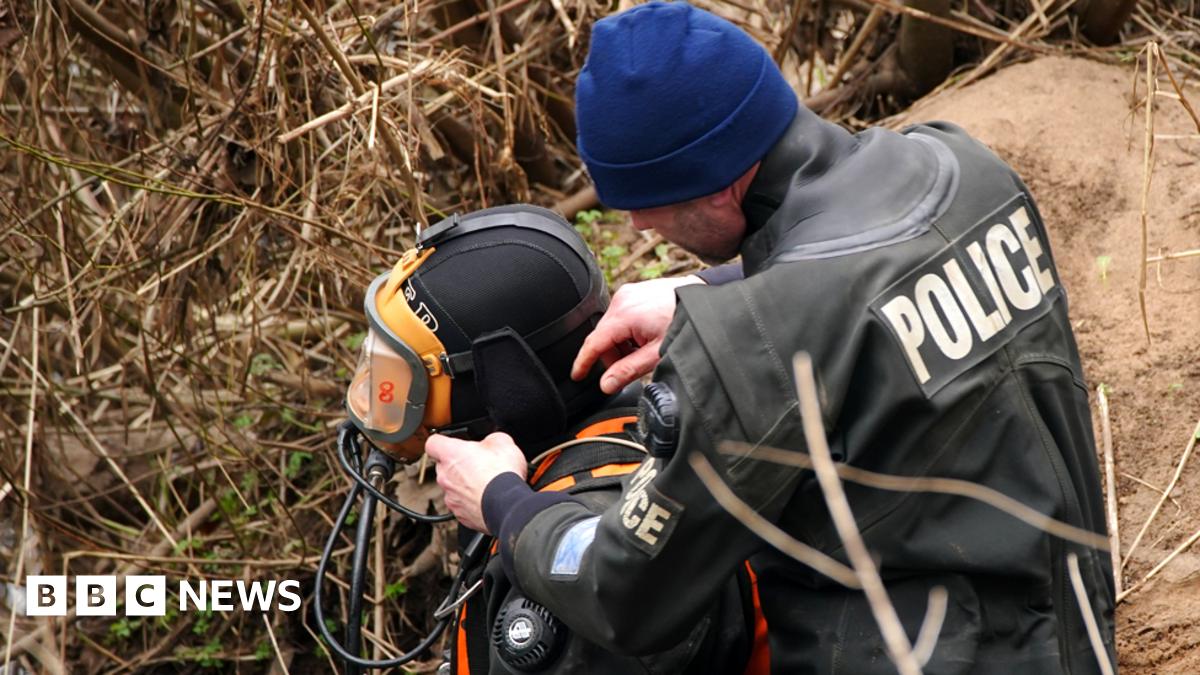I don't think it's at all unusual for a coroner to instruct the police etc to check for additional evidence or to perform additional testing.On the instructions of the coroner, they're searching the river again in the area she was found. Strange.
The coroner has the job of legally determining the cause of death and circumstances around it, that means trying to ensure that every reasonable avenue of investigation has been fully checked as their conclusion can result in things like potential changes to the law, industry standards, best practice and helping to determine liability.
In an unusual or high profile case they're also likely to be even more cautious than normal because they want to be really sure that they're not leaving questions that could have been answered.
What is unusual is that people are actually paying attention to a coroners work, so are seeing things that might be relatively routine and then reading more into it than there really is.
A friend died during lockdown and IIRC the coroner in her case ordered additional checks and tests because of her previous medical history and some questions about how/why she died and the circumstances (no suggestion of foul play, but did something get missed with her health).









